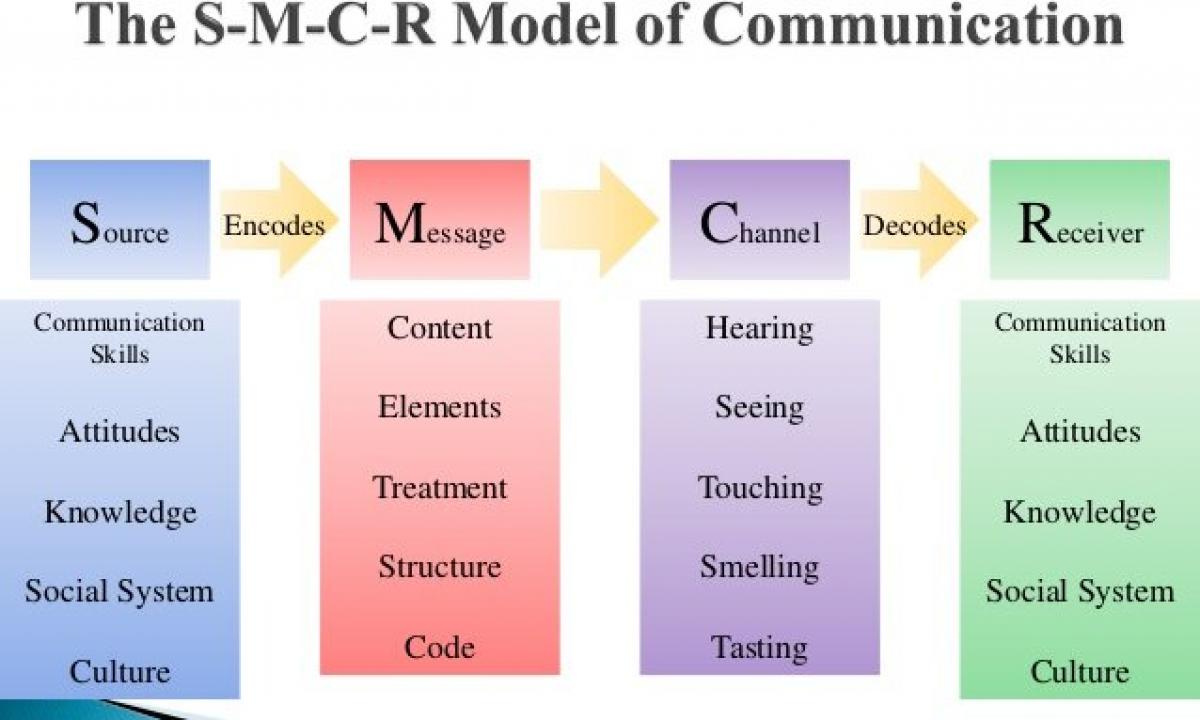Material and cultural wealth, traditions and experience of many generations, the world heritage and morals - all these concepts unite in one complex system under the name culture. To give accurate definition what is culture can nobody already many decades. Its contents includes a huge number of the concepts designating exchange of skills, knowledge and abilities. The only thing that can be tracked is a structure and basic elements of culture which are inherent in all mankind and become a basis for moral and spiritual development.
Concept and basic elements of culture
In a general sense culture is a concept which includes public work and life of people. It is accepted to understand the unheritable material objects, the ideas and images created by people as culture. It is the created artificial environment of self-realization and existence regulates social behavior and interaction of people among themselves. In other words the concept of culture includes the following aspects: extent of personal development, welfare human activity and results of this activity. For full studying culture, it is necessary to consider of what elements it consists:
- Concepts (or concepts). Mainly contain in language and are the main help in the organization and ordering of experience. Experience gives to the person studying words of a certain language.
- Any culture is characterized by views of relationship of the world real and supernatural and contains representations what the world consists of and as its parts are connected with each other in time and space.
- Certain moral doctrines which cornerstone are the general human beliefs concerning the purposes to which it is necessary to aspire.
Structure and basic elements of culture
In structure of culture there are two levels – specialized and ordinary. Ordinary level is in turn subdivided into cumulative and transmitting. According to anthropological model of the person culture on cumulative is interrelation of elements which represent predisposition of the person of any given activity. Different types of activity allow to allocate the following basic structural elements of culture: religious, art, philosophical, legal, scientific and technical, political and economic. All these elements are closely interconnected and have a great influence at each other.
Despite so various structure, culture is an integral universal concept, and it is possible to speak about it only in singular. Besides the standard of work, life, musical, moral, legal and political, there are also elements covering the social side of mankind. For example, such as mass and elite culture. A specific place in the system of culture is held by morals, religion, science and art.
- It is characterized by human relations, constructed under the laws dictated by the life. The basis of morals is formed by various sanctions. A striking example is the religious sanction which ethical standards is the love for the neighbor, and commands of God which the person hears as a voice of the conscience.
- Acts as a way of knowledge and judgment of the world. The religion provides emergence of a certain meaning of life and also allows to belong consciously to such phenomena as life and measure and to adequately transfer them.
- Has three interconnected parties: knowledge, activity and social organization. Also all existing sciences are divided into natural and humanitarian. In a general sense the science assumes a way of creation of a rational picture of the world and also change of a subject for the purpose of its knowledge. Therefore, first of all, the science is expressed in such method of knowledge as an experiment.
- Sphere of spiritual practical activities of the person. Art, first of all, is understood as skill or skillful skills. Later this concept became wider and now is used as designation of the creative activity directed to change of the world around according to laws of beauty.
The essence and basic elements of culture also have a number of the general functions, main of which – humanistic. Culture allows the person to become the personality and imparts to him such qualities as love for other people, sense of tact, mercy and altruism. Culture is an integral part of life which possession is the supreme value.
"

